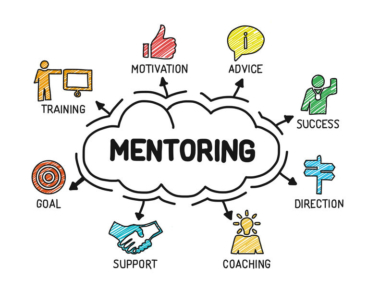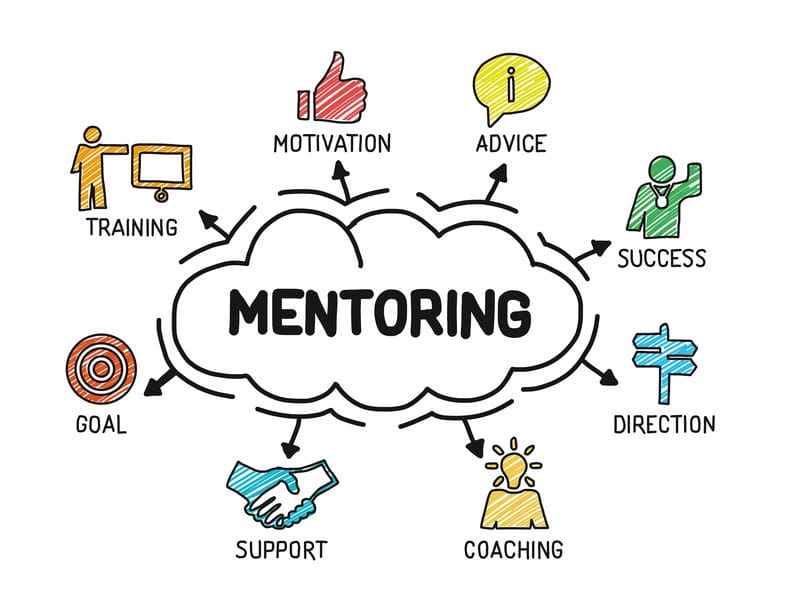I recently had the opportunity to engage in an in-depth discussion with several women who have leadership roles at their respective companies regarding a variety of topics. During the discussion, the subject of mentorship was brought up. Many businesspeople attribute success to having had a mentor early on in their career. The idea of having someone I would refer to as a mentor in a more or less formal capacity is always something I’ve considered, but never actively pursued.
What are the benefits of having a mentor beyond just receiving general advice? According to this article, a mentor can help you in a variety of ways. Key benefits that stick out to me are helping identify and achieve career goals and helping identify and correct gaps in skills and knowledge. These two items are perhaps the most complex listed and would be difficult to find elsewhere.
Having mostly seen examples of mentorship in movies or TV shows growing up, I always assumed this kind of relationship was something that just occurred at random; not something you could pursue or predict. I later learned that this is not always the case, that there are often programs available to match mentors with mentees. In my case, the university I attended had their own program that matched students with alumni or other local business professionals. While I never participated in the program, I’ve come to realized that it was quite popular amongst my peers, but I suppose due to the private nature of a mentorship it wasn’t frequently discussed. Outside of university, the prospect of finding a mentor is more daunting. This article offers several suggestions for places to look for a mentor beyond the obvious avenue of your own workplace.

While it’s quite clear what the mentee has to gain, what exactly does the mentor have to gain from the arrangement? Is such a relationship beneficial to both parties? According to this article, mentors can build their leadership and communication skills, learn new perspectives, advance their own career through honing the aforementioned skills, and the obvious: gain personal satisfaction having directly contributed to the success of another. Understanding that there are also benefits for the mentor diminishes the concern that the mentee is a burden to their mentor, something most people would be conscious of and want to avoid.
Overall, having learned a little bit more about having a mentor, it may be something I’ll put some more thought towards going forward.
If you have any thoughts on mentorship, send me a note at perrir@idebamarketing.com, or leave a comment!
-Perri Read, Junior Consultant






